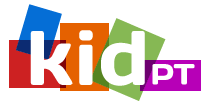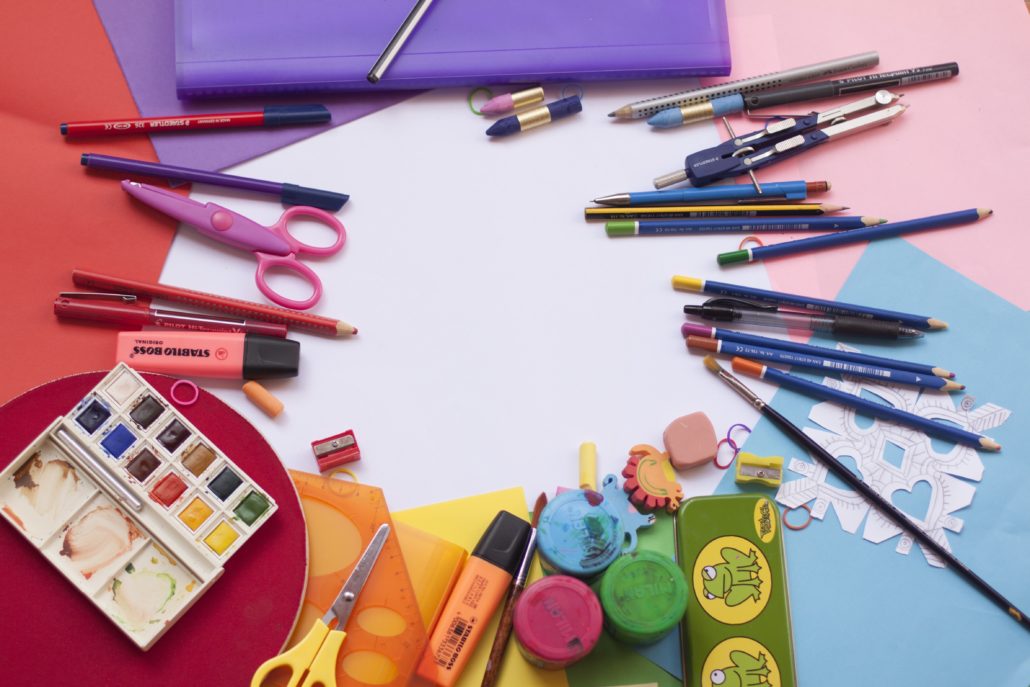

- Call 908 543 4390
- Email
- Dr.Joni Redlich PT,DPT



…and what to do if this is a challenge!
Do you know what is more fun than learning new school concepts while sitting at a desk…?
Learning while on the MOVE!
Sometimes combining movement with learning helps kids learn faster if they function better while on the go.
This is especially so if your kiddo is a mover and a shaker and loves being active and on the go. Using movement, a strength of theirs, to teach something new may open up the neurological floodgates in new ways. This can give your child access to different and novel pathways in the brain to reinforce concepts as opposed to taking the same traditional and traveled routes!
Learning with movement is also a change from the norm, and even if your kiddo doesn’t always crave movement, any new way of learning is usually more engaging than the same ol’, same ol’! The brain loves novelty, so let’s take advantage of that to build some new connections!
So let’s stand UP and try these fun learning games with us:
Do these kinds of exercises seem tricky for your child?
All of these exercises practice something called “dual tasking” where your child is required to perform a task with their body (a motor task) and their mind (a cognitive task). These kinds of tasks are great to practice with your child because with practice, they make it easier for the body and the mind to work on things at the same time. These kinds of tasks can be very difficult for some kids, especially if their body is taking a lot of their attention away from the cognitive tasks they are being asked to do (like schoolwork).
When does this happen? This happens when balancing and controlling their body is very hard and the child is diverting focus to keeping their body still and in one place. If you feel like your child is spending a lot of energy and focus just keeping their body still and in one place, they may benefit from physical therapy to improve their balance and overall control of their body. Giving a child this kind of control can improve their lives for the better because their brains are free to think, focus, and remember things from school and beyond!
Here are a few red flags that dual tasking is tricky for your child:
If this sounds like your child, call us at 908-543-4390 to set up a free Discovery Visit with one of our Physical Therapists to see if Physical Therapy would benefit your child!

Leave a Reply
Want to join the discussion?Feel free to contribute!